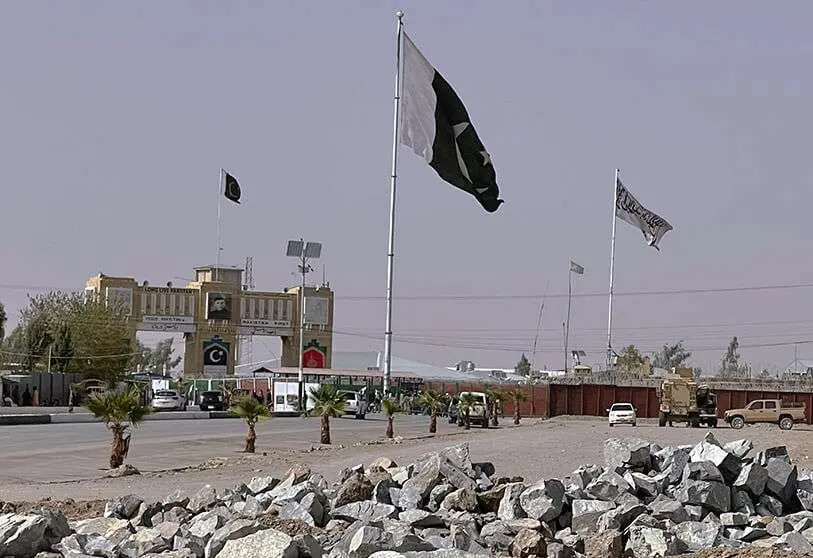A new game board for Central Asia

In contrast to the sombre mood in Western foreign ministries, which have barely begun to come to terms with the reality of the Afghan fait accompli, Central Asian countries have not been taken by surprise by the Taliban's return to power, as they have been strengthening both their diplomatic relations and their internal security and external defence capabilities for years. Indeed, dissidents from the Tajik and Uzbek ethnic minorities have taken part in the offensives that have allowed the Taliban to regain control of Afghanistan, and it is clear that some of the reasons for the lack of popular support for the Ghani government - corruption, authoritarianism, sectarianism - are also the norm in Tajikistan, Uzbekistan and Kyrgyzstan.
Despite goodwill gestures from Taliban emissaries, who have assured Moscow that they will not pursue a hostile policy against Russian interests, and who have assured Ankara that work on the oil pipeline connecting Turkmenistan, Afghanistan, Pakistan and India will be completed as planned, the six key countries in the region are still in the midst of a major crisis, the six key countries in the region - Azerbaijan, Armenia, Georgia, Russia, Iran and Turkey - have renewed their efforts to launch a six-party regional consultative mechanism with the capacity to complement the scope of the Collective Security Treaty Organisation by fostering economic integration and geopolitical cooperation in the South Caucasus.
Both Russia and Turkey believe that the conditions are now ripe for deepening this process, not only because of NATO's exit from Afghanistan, but also because the end of the Nagorno-Karabakh war and the subsequent normalisation of relations between Azerbaijan and Armenia offer, at least on paper, a horizon of stability based on mutual cooperation and the deepening of economic, energy, transport and trade ties, which can help the region's economic, energy, transport and trade relations, These can help to resolve outstanding grievances, such as the territorial integrity of Baku, a factor of latent regional instability, to the extent that it has even led Iran to reconsider its traditional strategic position with respect to Armenia, which was largely determined by the existence of a population of more than ten million Azeri Turks in Iranian territory.
In addition, Moscow does not want to miss the opportunity to consolidate its own predominance in the region, to the detriment of the United States, particularly with regard to Georgia. It is precisely Georgia that is most reluctant to become seriously involved in this project because of Russia's occupation of Abkhazia and South Ossetia, which led Georgia to seek tactical alliances with Washington. It remains to be seen to what extent Russia will be able to emerge as the dominant power in Central Asia on a game board that is tailor-made for it, especially given that its gross domestic product is only slightly larger than Australia's, and that its main strategic partner in the region, China, does not seem inclined to make its material commitment to security and stability in the region commensurate with the weight of its econo

